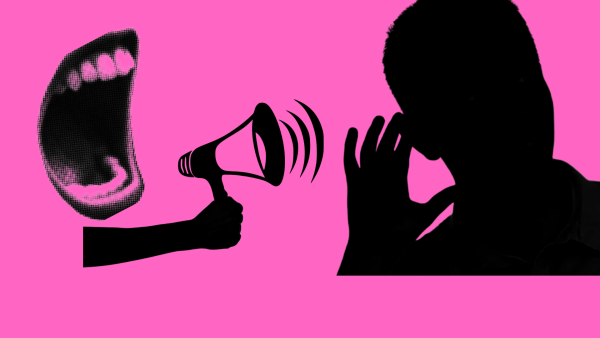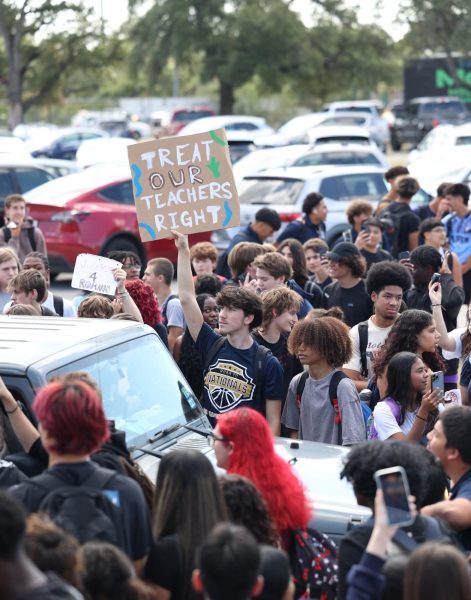Smart Snack decision limits fundraising food options

Food for fundraising will now be required to be a “smart snack.”
Schools across the United States will no longer be able to fundraise on foods such as world’s finest chocolate, cookies, donuts, or soda. However, clubs can still use peanuts, light popcorn, and other low-fat content foods. It is a shame that the restriction prevents students from buying the snacks they had once enjoyed and fails to benefit students significantly.
Smart snacks consist of a whole grain or fresh food element. They must have less than 35 percent fat and sugar content and must have a healthy main ingredient. In addition, they may not exceed 200 calories, 200 mg of sodium, and 0g of trans fat. The “smart snack rule” is excessively stringent and may not reap the projected benefits.
In other words, smart snacks exclude the food most people enjoy and are willing to buy at school. According to the USDA, smart snacks are critical to students’ health because snacks can consist of more than a quarter of students’ diets. However, most of the snacks students eat are not bought from school and students will most likely not change their diets due to stricter regulation. The new restrictions stem from Michelle Obama’s Let’s Move program.
The idea behind the new regulation is to discourage students from eating foods that are linked to obesity and heart conditions. However, such limited exposure to “unhealthy” foods neither eliminates or significantly stops students from eating what they want to eat. Perhaps fewer students will eat high calorie content food during school hours, but they may compensate the lack by eating more at home.
The limitations have forced clubs to reconsider fundraising items for the new school year. Organizations such as HOSA and DECA have sold World’s Finest Chocolate bars for more than four years to earn money. However, these organizations may either have to sell different brand chocolate, popcorn or other non-food items in place of the previously successful items. Hopefully students will enjoy these new lower calorie snacks.
The new regulations may not make a significant change on how clubs are run, but students and teachers will no longer be able to buy traditional treats. Ultimately, the smart snack policy is a weak attempt to improve students’ diet.
Your donation will support the student journalists of McNeil High School. Your contribution will allow us to purchase equipment and cover our annual website hosting costs.






Nicole Bender • Nov 17, 2016 at 6:21 pm
This oped fails to tell the whole story…while the federal Smart Snack legislation is in place, according to the USDA, “States set an appropriate number of exempt school-sponsored fundraisers. States are well-positioned to identify the particular needs of their local communities. As such, each state will have the flexibility to set a certain number of fundraisers that can sell foods or beverages that do not meet the nutrition standards.” You need to look to your own legislature and their failure to secure exemptions from the rules. In addition, in addition, fundraising done OUTSIDE of school is exempt. Maybe students should think outside the box…or, in this case, the school!